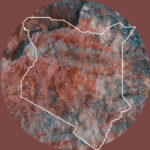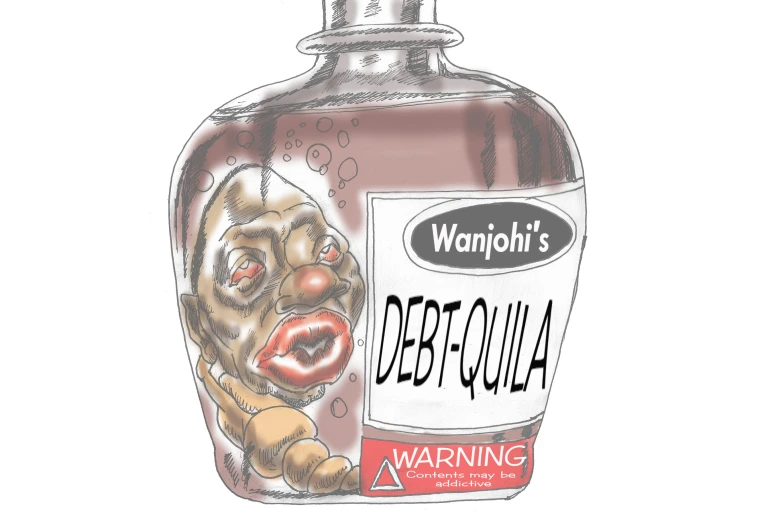Visualizing
the Virus
Satire and COVID-19
Humour that bites, heals and holds leaders accountable
On April 25, 2021, Al Jazeera published a piece by Patrick Gathara that spoke of how Kenyans used humour and satire to expose ‘new governmental absurdities’ related to the handling of the COVID-19 pandemic. In the piece, he points out that since the colonial period, Kenyans have used these tools to express resistance and dissent to governing authorities and to relieve day-to-day tensions. He explores this further in his book Drawing the line: The history and impact of cartooning in Kenya.
Gathara calls satire a ‘lubricant for social discourse’ which allows people to vent and to laugh at themselves and their ways of interaction. It also allows people to hold accountable those in power, partly by making them seem just like the citizens, rather than distant and beyond reach. For instance, in the late 1990s, when Kenya was under the presidency of Daniel Aap Moi, Moi was satirized as a character dancing in a particular dance style from the Congo which was popular in Kenya art the time. In this way, Moi was brought down from his pedestal to a level at which he was accessible, and the public were then able to criticize him.
As Gathara writes in his article:
All previous incarnations of totalitarianism, from the British occupiers to Moi, relied on a cult of invincibility and omnipotence to cement public acquiescence. As Kenyatta attempts to rebuild his father’s brutal and centralized dictatorship, a determined mass of Kenyans is working to deny him the intimidating aura and stature he craves, cutting him down to size at every opportunity. The democratization of satire by the internet and social media makes it much more difficult for the state to either control or ignore them.
In this way, the pandemic, while revealing state atrocities and draconian will in enforcing Covid restrictions, has given rise to yet another example of Kenyan citizenry speaking out against the government and voicing their dissent – this time, especially through social media.
In the clip below, Gathara explains the two important ways in which satire serves citizens. One is to allow them to express and laugh at themselves even when they are venting their displeasure. The other is to allow them to gauge, criticize and hold accountable those in power. During the COVID-19 period, satire has been a means to help disenfranchized citizens react to and raise questions about government policies imposed without discussion. Gathara concludes by saying that without satirical spaces, the citizens’ pent-up frustrations may be released in other more explosive ways.
His full Al Jazeera article may be found here.
Edited by Faiza Masood.

